When Do Puppies Open Their Eyes? A Guide for New Pet Parents

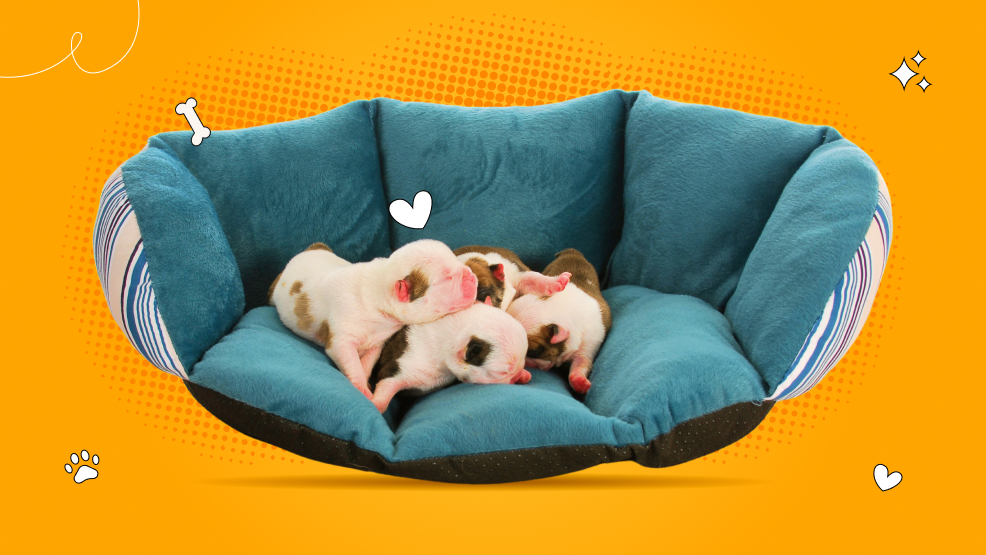
As a new puppy parent, one of the most exciting milestones you’ll witness when your furry bundle of joy opens their eyes for the first time. Puppies are born with their eyes and ears closed, and their development in the early weeks is a fascinating journey. In this comprehensive guide, we’ll provide you with all the information you need to confidently navigate this crucial stage.
Puppy Development Stages: A Brief Overview
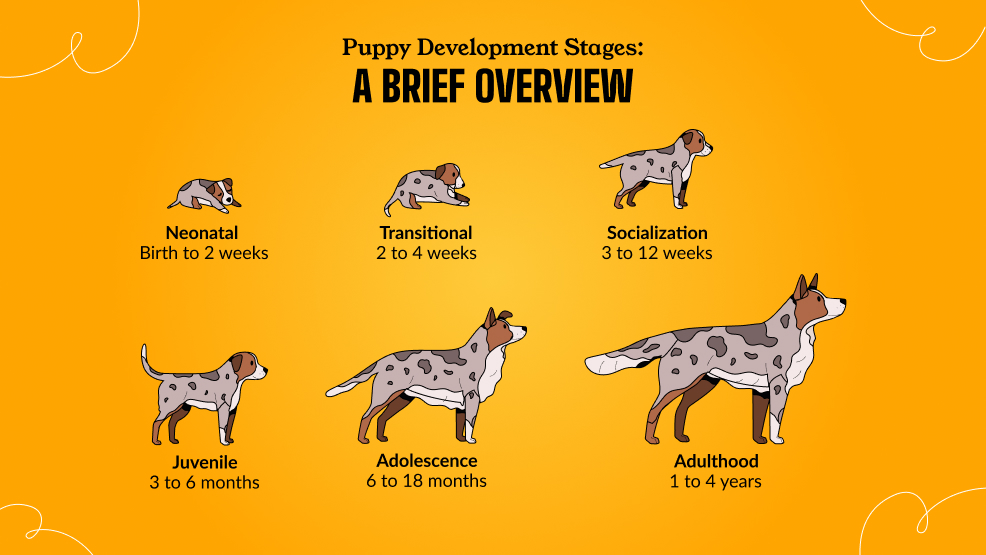
Take a look at the table below to learn about the different development stages and milestones from a puppy to an adult dog:
| Age Range | Stage | Milestones |
| Neonatal | Birth to 2 weeks | Eyes and ears closed, dependent on mother for warmth and nutrition. |
| Transitional | 2 to 4 weeks | Eyes open, begin to hear, start to stand and walk, first teeth emerge. |
| Socialization | 3 to 12 weeks | Interacts with littermates, learn social skills, begins weaning, house training starts. |
| Juvenile | 3 to 6 months | Rapid growth, teething, basic training, increased independence. |
| Adolescence | 6 to 18 months | Sexual maturity, testing boundaries, continued training, socialization refresh. |
| Adulthood | 1 to 4 years | Emotional maturity, established temperament, full physical growth. |
A General Timeline Of Puppy Development Stages
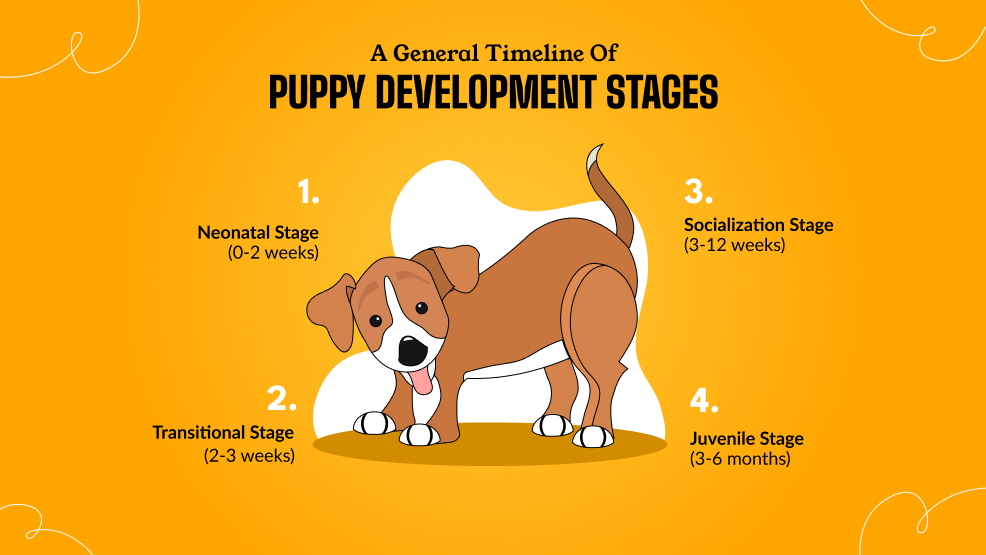
Before we dive into the specifics of when puppies open their eyes, it’s essential to understand the broader context of puppy development. Puppies go through several distinct stages, each marked by significant milestones:
Neonatal Stage (0-2 weeks)
During this initial phase, puppies depend entirely on their mother for nourishment and warmth. Their senses are underdeveloped, and they spend most of their time sleeping and nursing.
Transitional Stage (2-3 weeks)
As puppies enter the transitional stage, their sensory abilities begin to awaken. This is when their eyes and ears start to open, and they become more aware of their surroundings.
Socialization Stage (3-12 weeks)
Puppies learn to interact with their littermates, humans, and their environment. Their personalities emerge, and they develop the foundation for future behavior and socialization.
Juvenile Stage (3-6 months)
During the juvenile stage, puppies continue to grow and develop physically and mentally. This is an ideal time for training and establishing good habits.
By understanding these stages, you’ll better appreciate the remarkable journey your puppy is undertaking and the importance of each developmental milestone.
The Process of Eye-opening in Puppies
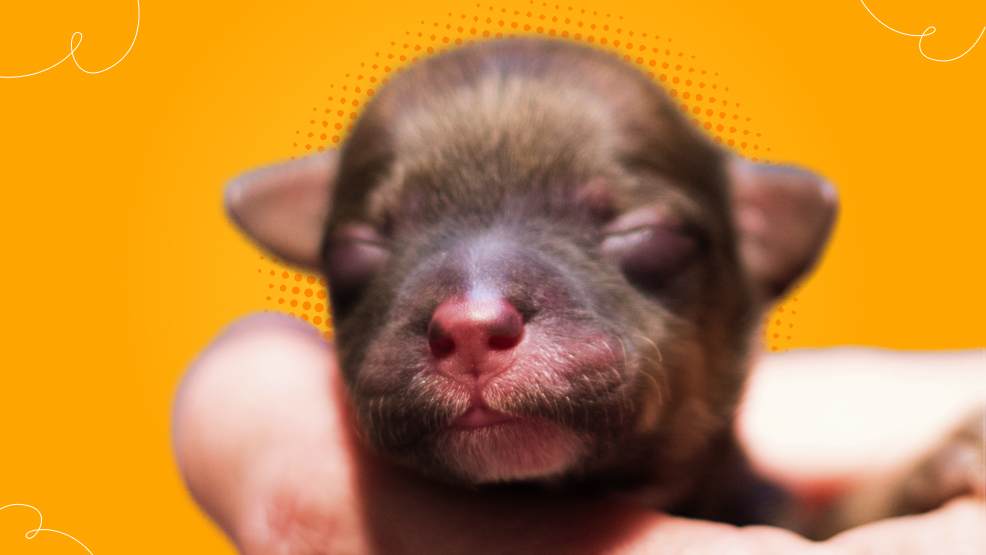
One of the most anticipated milestones in a puppy’s early life is the opening of their eyes. This remarkable event typically occurs around 10-14 days after birth. Here’s a general timeline to give you an idea of what to expect:
- First 1-9 Days: Puppies are born with their eyes and ears closed, relying on their senses of smell and touch.
- Then 10-12 Days: Many puppies will begin to open their eyes during this window, starting gradually and taking a few days to complete.
- Later 13-14 Days: Most puppies should have their eyes fully open by this point, although some may still be in the final stages of the process.
- Beyond Day 14: If your puppy’s eyes haven’t opened by day 14, it’s essential to consult with your veterinarian to ensure there are no underlying health concerns.
Remember, the exact timing can vary based on breed, litter size, and overall health. It’s always best to monitor your puppy’s progress closely and seek professional guidance if you have any concerns.
How Long Does It Take Puppies to Open Their Eyes?
During the first few days of life, puppies rely solely on their sense of smell and touch to navigate their world. Their eyes remain tightly sealed, protecting their delicate visual organs from harm. As the days pass, you may notice their eyelids gradually becoming thinner and more transparent, indicating that the eye-opening process is underway.
The eye-opening process is a gradual one, and it’s fascinating to witness. Here’s what you can expect:
- Eyelid Separation: The first step in the eye-opening process is the separation of the eyelids. This typically begins around day 10, with the eyelids gradually parting to reveal the puppy’s eyes.
- Partial Opening: Over the next couple of days (days 11-12), the eyelids will continue to part, allowing the puppy’s eyes to open more fully.
- Full Opening: By days 13-14, most puppies will open their eyes completely, although their vision may still be blurry or unfocused.
- Cloudy Eyes: The puppy’s eyes may Initially appear cloudy or hazy. This is because the corneas and lenses are still developing, and the eyes are adjusting to light for the first time.
- Developing Vision: Over the next few days, the puppy’s vision will gradually improve as their eyes mature. However, their depth perception and visual acuity will still be limited during this early stage.
It’s important to note that while the eye-opening process is a natural and exciting milestone, it’s crucial to handle puppies gently during this time. Their eyes are still delicate and sensitive to light, so avoid exposing them to bright or direct sunlight.
Factors That Can Affect When Puppies Open Their Eyes
While the typical range for puppies to open their eyes is 10-14 days, several factors can influence the exact timing:
- Breed: Different dog breeds may have slightly varying timelines for eye-opening. For instance, some larger breeds may take longer than smaller ones.
- Litter Size: Larger litter can sometimes delay the eye-opening process slightly, as the mother’s resources are divided among more puppies.
- Environmental Conditions: Factors such as temperature, humidity, and noise levels in the puppy’s environment can potentially affect the timing of eye-opening.
- Health Considerations: Any underlying health issues or complications during the birthing process could potentially impact the puppy’s development, including the eye-opening timeline.
While these factors can influence the timing, it’s essential to consult your veterinarian if your puppy’s eyes haven’t opened by the 14-day mark. Early intervention and proper care can help ensure your puppy’s healthy development.
How To Take Care of Puppies Before and After Their Eye Open
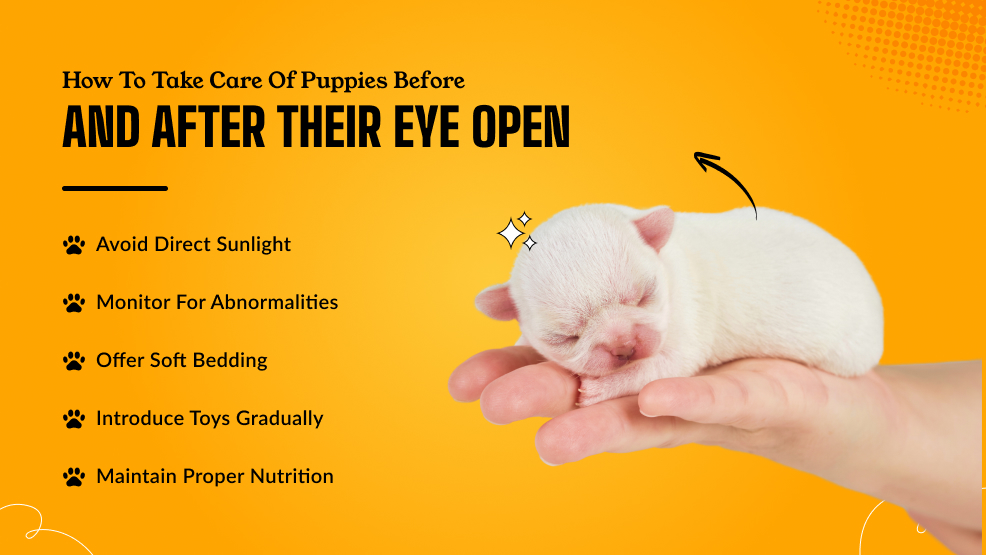
The eye-opening stage is a delicate and crucial time for puppies, and proper care is essential to ensure their healthy development. Here are some tips to help you navigate this exciting period:
- Provide a Quiet Environment: Puppies are sensitive to light and noise during the eye-opening stage. Keep their environment quiet and dimly lit to avoid overstimulation and potential distress.
- Avoid Direct Sunlight: While puppies need some exposure to light to aid in their visual development, direct sunlight can be harsh on their delicate eyes. Keep them in a shaded area or use a soft, diffused light source.
- Monitor for Abnormalities: Keep a close eye on your puppy’s eyes during this stage. See veterinary attention immediately if you notice any signs of discharge, swelling, or discomfort.
- Offer Soft Bedding: Puppies spend a significant amount of time sleeping during this stage. Please provide them with soft, comfortable bedding to protect their eyes from any potential irritants or abrasions.
- Introduce Toys Gradually: As your puppy’s vision develops, you can introduce soft, puppy-safe toys to encourage exploration and play. However, be cautious and supervise playtime closely to prevent accidental eye injuries.
- Maintain Proper Nutrition: A well-balanced diet is crucial for a puppy’s overall development, including their vision. Consult with your veterinarian to ensure your puppy receives proper nutrition during this critical stage.
Following these tips and providing a nurturing environment can help ensure a smooth, healthy, eye-opening experience for your furry friend.
Conclusion
Witnessing your puppy open their eyes for the first time is a magical moment in their development journey. While the exact timing can vary, most puppies will open their eyes between 10-14 days after birth, which takes several days to complete. You understand the factors that can influence this milestone and provide proper care during the eye-opening stage. It will help ensure your puppy’s healthy development and prepare for the exciting journey ahead.






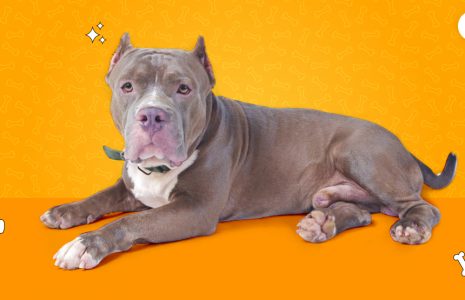
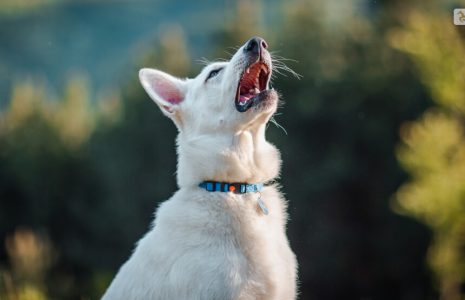
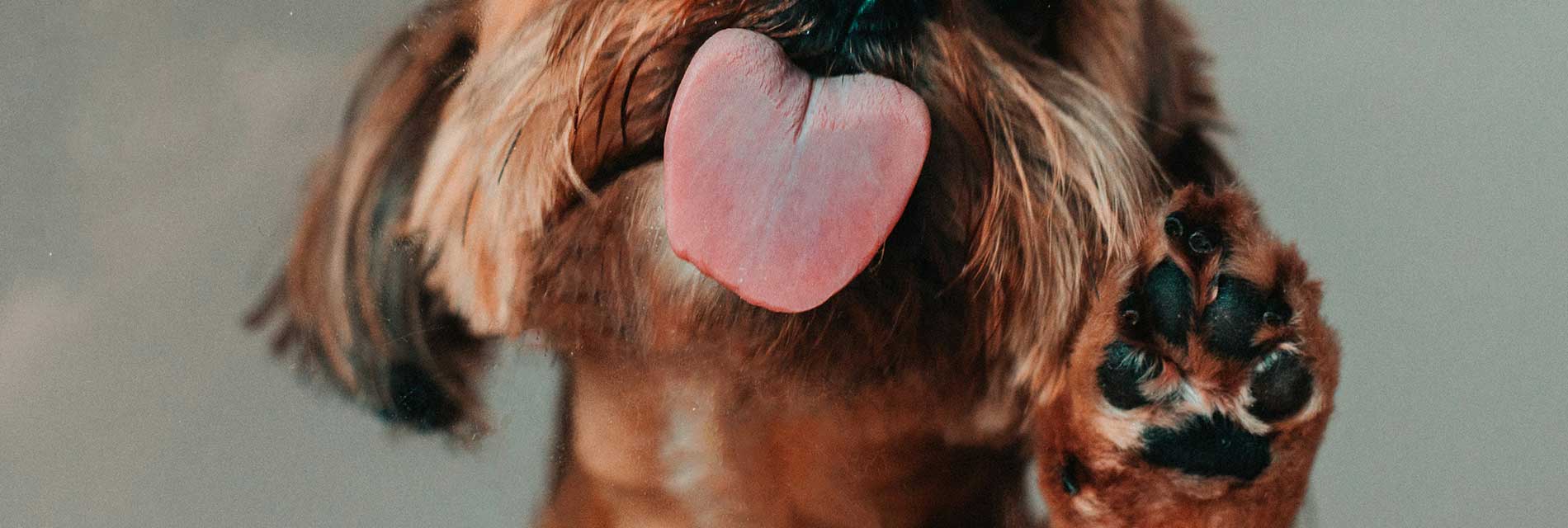
Leave A Comment